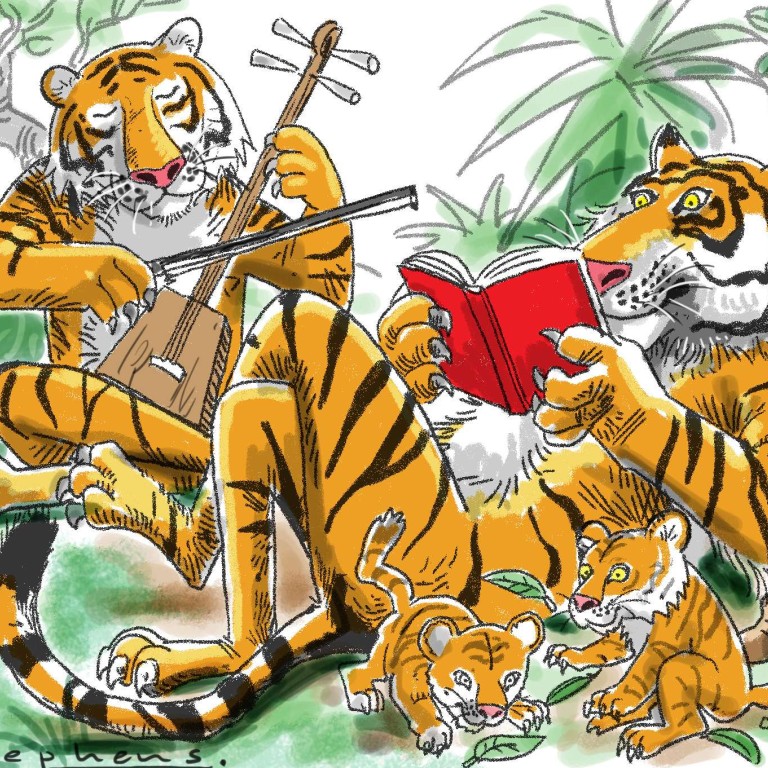
How Asia’s four tiger economies can regain their verve
Jean-Pierre Lehmann says while Hong Kong, Singapore, South Korea and Taiwan face considerable challenges today, they can best move forward by focusing on social, cultural and environmental aspects
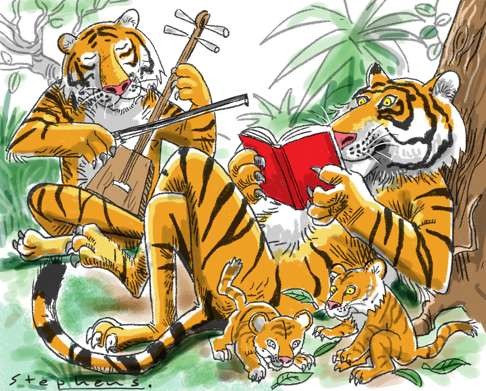
I visited the four in the mid-1960s, half a century ago. All were dirt-poor, perceived as backward basket cases of underdevelopment. They were famous for prostitution. American soldiers from the Vietnam war flocked to Taipei for “R&R” (rest and recuperation). Hong Kong’s louche atmosphere was illustrated in the blockbuster film The World of Suzie Wong. Singapore, combining a major port and military base in the 1960s, could be, unkindly but not inaccurately, described as a rat-infested brothel. Walking in downtown Daegu in Korea, my journey was incessantly interrupted by solicitations for sex.
The economy grows, but we’re still going to be stuck with expensive housing and bad traffic
All four had suffered the humiliation of colonisation. Hong Kong and Singapore were colonised by the British who forbade ethnic Chinese (with the exception of waiters, chefs and shoeshine boys) from entering their clubs and restaurants or residing in certain areas in their own territory. Korea and Taiwan were colonised by Japan, with Koreans especially humiliated in having to take on Japanese names, speak Japanese and pray at Shinto shrines.
None of the past legacies of these Asian economies augured well for the future.
I have returned frequently to all four over the ensuing decades and was able to observe their spectacular rise at close quarters. Though there are variations in each, the overall narrative is well known and should continue to be required reading for policymakers in developing countries today.
In essence:
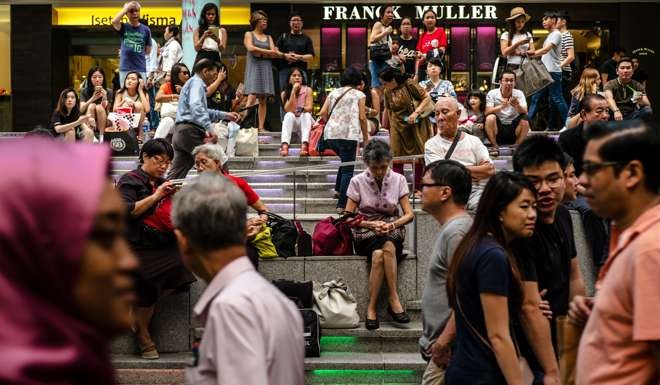
No recession yet, but here’s why Singapore faces bigger worries ahead
• In contrast to India, which started off in the 1950s significantly richer than the four in per capita gross domestic product, but is much poorer today, the four newly industrialised economies were outward-looking, export-oriented, and keen to learn and compete in the global economy.
• Political regimes vary among the four. Hong Kong was a British colony until 1997 and then a Chinese special administrative region, Singapore a unique case of a rich urban middle-class autocracy, South Korea and Taiwan having both made at roughly the same time (late 1980s) the transition from dictatorship to democracy. The political-economic narrative of the four economies illustrates the point that, for human welfare, it is not so much the nature of the regime – whether autocratic or democratic – that matters but the quality of governance. All four have had pro-business regimes and implemented a mixed industrial policy combining market with bureaucratic administrative guidance – though less in the case of Hong Kong. One major result has been the lifting of vast swathes of society from poverty.
Past successes notwithstanding, all four economies are facing serious troubles at present.
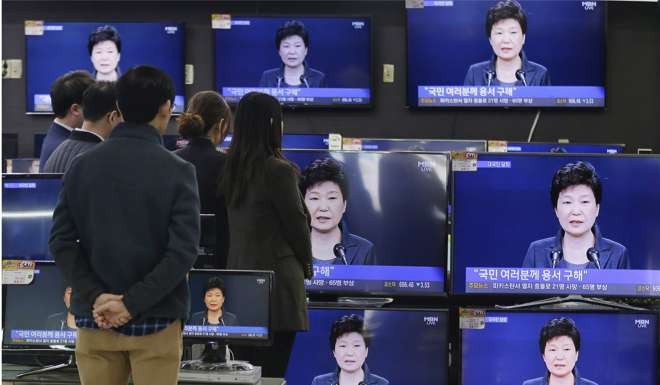
Korea’s political scandal threatens a descent into Japanese-style stagnation
All four economies have their individual issues. Two things they both share, however, are rising inequality and ageing populations. Rising inequality is, of course and alas, universal, afflicting both developed and developing countries. In three of the NIEs – Singapore, Korea and Taiwan – it is recent and emerges from what were hitherto egalitarian societies. In Hong Kong, inequality has long been a blight, but has become much worse. As the Post has reported, its housing policy makes Hong Kong one of world’s most unequal societies.
Liberty will only thrive in Hong Kong when home ownership is within the reach of all
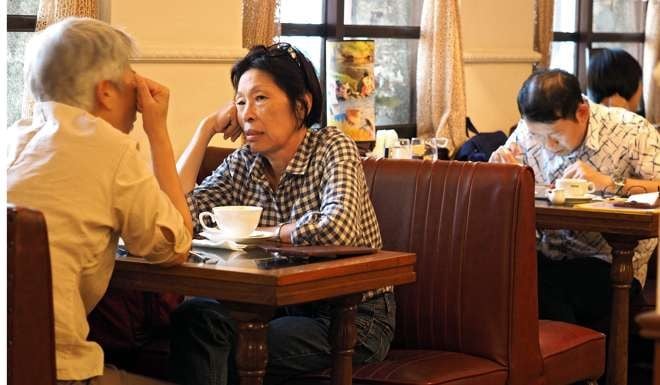
In post-TPP world, Taiwan ‘must reach new trade deal with US’
As to the demographics: in a word, dismal. All four economies have rapidly ageing populations, not just because life expectancy has been significantly prolonged, but because the people of Hong Kong, Korea, Singapore and Taiwan are not producing enough babies. The fertility rates of these four economies are among the world’s lowest. Societies that have few children are sad and display little confidence in the future.
The operative term for the four economies is: relax and be happy. Work less, but more creatively
Another phenomenon all four share is economic dependence on mainland Chinese tourism. That, in turn, reflects the transformation in the relationship between China and the so-called four Asian tigers. In the initial decades of China’s reform programme, the four were the muscular guys. They provided China with capital, technology, managerial skills and international market nous. But now, on many fronts, China has caught up: there is an incremental rapid reversal of fortune. Though South Korea is less affected, the three predominantly ethnic Chinese NIEs are suffering identity crises.
All four economies need to undertake a major transformation that will be difficult but far from painful. Though the issue of inequality needs to be seriously and urgently addressed, fundamentally, thanks to hard work, the four have made it on the material/economic front. Even with slower growth, they would continue to live on easy street. Of course, rising China will continue to pose a challenge. But given their geostrategic position, they have no choice but to face the challenge and adjust accordingly.

Two in three Hongkongers think city a bad place to raise children
Otherwise, the operative term for the four economies is: relax and be happy. Work less, but more creatively. Education should not be just about mechanical rote learning, but also cultural enrichment and individual expression. More focus should be on nature, on green growth, as opposed to material growth. Read more poetry, novels, go to concerts; put culture, along with nature, as priorities.
Above all: make more babies! There is no greater joy in this life than family life. This is especially the case when, as is the case with the majority of people in all four economies, material needs are more than adequately met. For that, of course, an urgent imperative must be to improve the conditions and status of women, especially mothers.
The Asian tigers stand out as remarkable global economic models. For the coming decades, they should strive to emerge as global social, cultural and environmental models.
Jean-Pierre Lehmann is emeritus professor at IMD, founder of The Evian Group, and visiting professor at the University of Hong Kong

